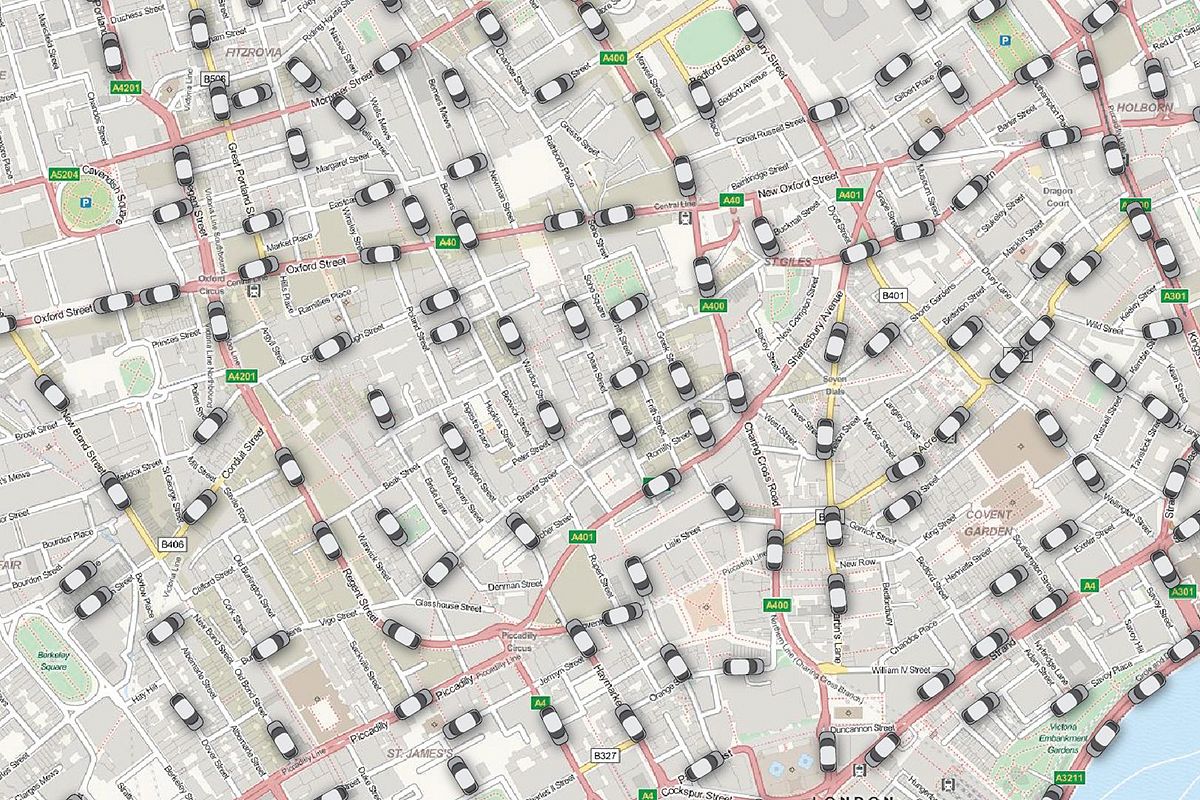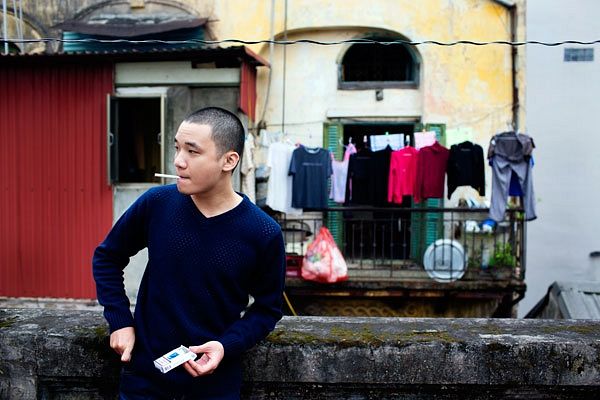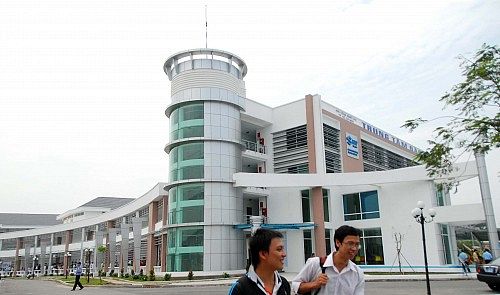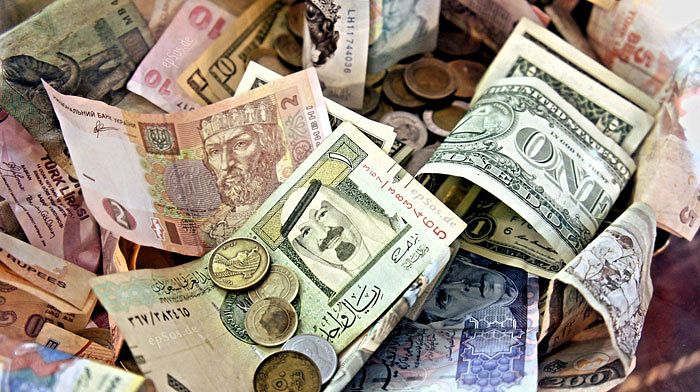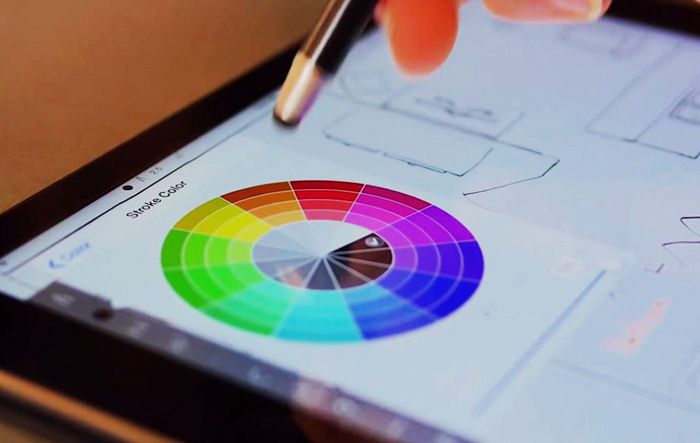Ever since apps like Grab and Uber came to the country, Vietnam's urban transportation has been turned upside down. On one hand, consumers are thrilled to be paying less for car rides in cities like Hanoi and Saigon, and drivers are clearly fine with cashing in on a sharing economy. On the other hand, taxi companies are hemorrhaging money as a result of these new services.
Love them or hate them, Vietnam's car- and motorbike-hailing apps may soon prove their worth to the government in a new way thanks to the mountains of big data held by companies like Grab and Uber.
Recently, the World Bank enlisted the help of such apps to tackle the growing problem of urban traffic congestion in Southeast Asia. The resulting platform is called OpenTraffic, a real-time traffic-monitoring system which will help governments better track and understand traffic patterns in urban areas.
In a region where experts estimate a 2-5% loss in GDP each year due to higher transportation costs and increased travel time, this is much-needed information. Beyond the economic costs of traffic congestion, Asian Development Bank also estimates up to 80% of urban pollution in Southeast Asia comes from transport, according to the Financial Times.
OpenTraffic, now up and running in the Philippines – specifically, Manila and Cebu – is slated to begin operation in other regional cities soon, including Jakarta and Saigon.
“[OpenTraffic] is different from what exists as it's fully open-source, so any government in our region could take this platform and use it for their cities,” Grab spokesperson Deevya Desai told the Financial Times.
Maybe ride-hailing apps aren't so bad after all.
[Photo via The Guardian]

